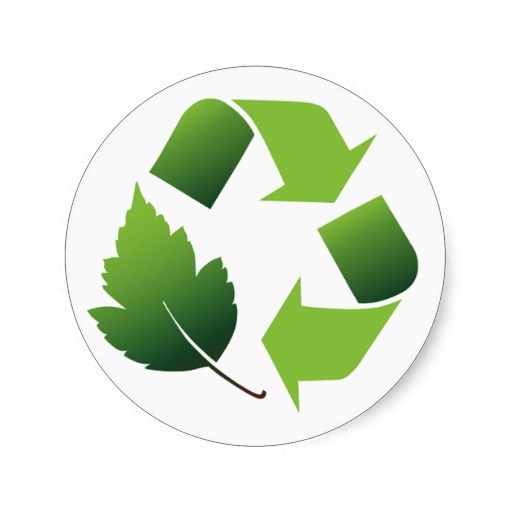The Town of Gibsons has the results of the first audit of its new organics diversion program and it shows a significant drop in the amount of material going to the landfill, but a persistent problem with contamination.
The program launched in the spring and included the option for residents to decline curbside collection of organic waste if they could prove they were composting it or diverting it already.
A report from director of finance David Douglas, presented at the July 10 council meeting, said of 111 opt-out requests, 61 had been approved, 14 are on hold pending more information and 36 were turned down.
Douglas also said that, so far, 45.6 per cent less waste is being sent to the landfill.
“That diversion is higher than staff calculated,” Douglas told council. “But we knew it was going to be close to 40 per cent, so to see the 45.6 per cent is just terrific.”
The audit looked at the first six weeks of organics collection.
“The contamination in that [period] ranged from one to six per cent,” Douglas said, adding that the information was used by the communications coordinator to draft Facebook posts and public notices to explain what could and could not be put in the organics bins. “The effort and the team approach to the rollout of this was fantastic… I thought it was done very successfully.”
The most common contaminants were non-compostable plastic bags, hard plastics, coffee pods, produce tags and stickers, synthetic fabrics and plastic-coated paper products such as milk cartons, take-out drink cups, food packaging, and non-compostable paper plates.
Mayor Wayne Rowe said he was uncertain about the program in the early going, but he’s now convinced. “The rollout by the staff and contractors was superb, the buy-in by the residents was exceptional… To members of council who pushed this, because I was a bit of a skeptic, hats off to you.”
Coun. Charlene SanJenko, who stressed the importance of communication and education early on, said she was impressed with how well it was handled.
Coun. Silas White, another early advocate of the program, said continued efforts to reduce contamination will be needed. “These are very impressive numbers… I’m also concerned that despite the communications, the [contamination] numbers didn’t really go down.”



